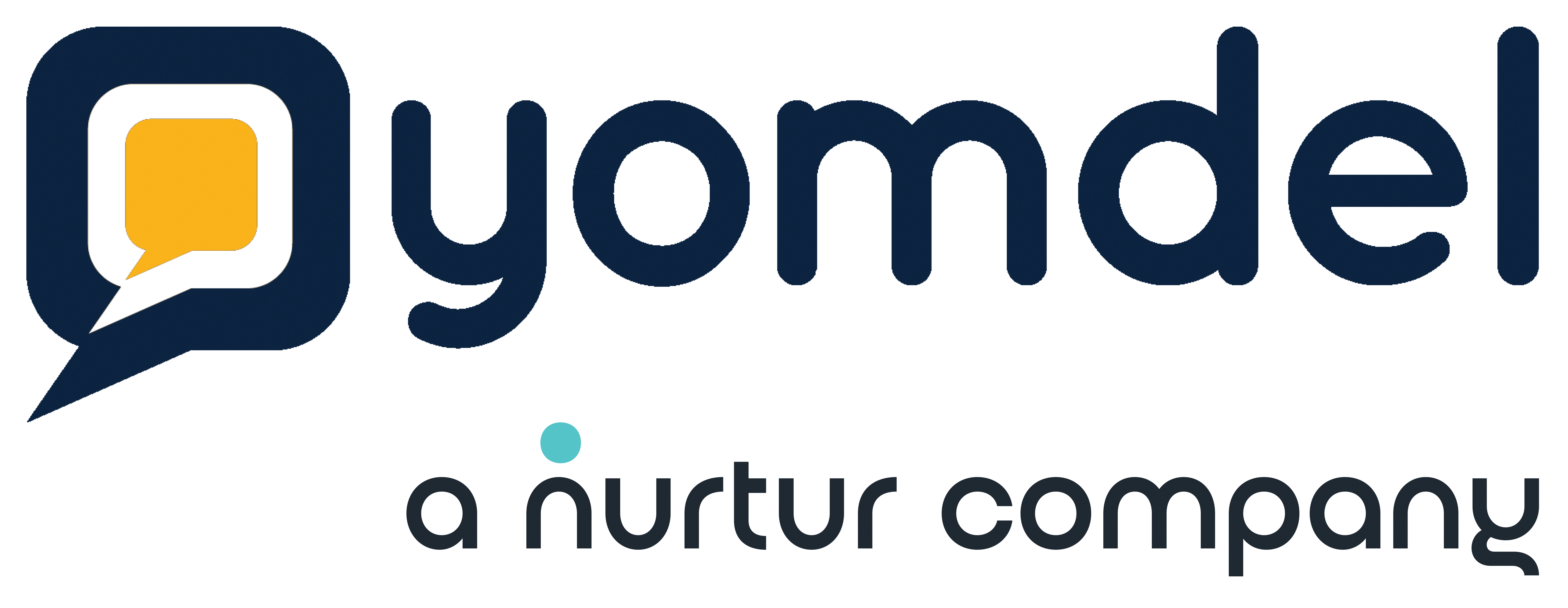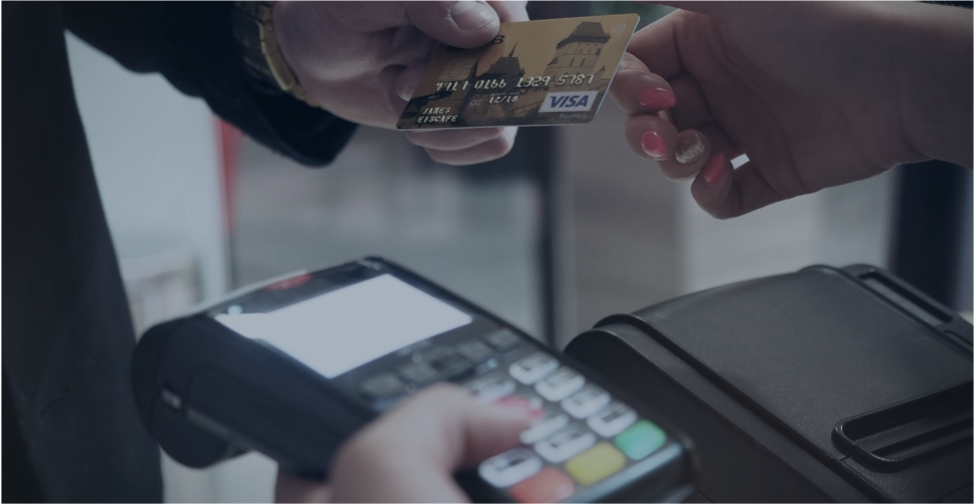Market Research is such a broad subject, that people are often afraid to get into it, because they don't know where to start, or what they should be researching first.
Whereas in reality, those questions are actually the beginning of the process itself, and done well, will pay fabulous dividends.
I have written a couple of interesting market research proposals this week, and it got me thinking about how conducting any kind of market research is beneficial to a company or organisation if it is clearly driven by the business goals.
Writing a proposal is one of the favourite parts of my job. Because it's all about taking everything I have discussed with the client, the entire information dump, sometimes over several calls and emails, and encapsulating that into a small number of precise business objectives, and a resulting list of research objectives that help meet those goals. I then take those research objectives and work out the best methodology(ies) to find the answers needed.
So let me offer just 5 benefits of Market Research that sprang to mind whilst I was writing this week, and I'll try and explain how companies can use Market Research to improve and grow.
It’s Good to Talk
Firstly, just going through the process of having a research consultation with me (free of charge by the way) is like a therapy session for your business. It helps formulate and explore in detail any obstacles, inefficiencies, recurring problems or challenges that disturb your peace of mind. Articulating and unpicking the issues with an objective expert genuinely aids clear thinking and takes you several steps closer to resolution.
Breaking down each aspect into its constituent parts means everyone is clear about what we need to achieve through the research project(s) and it makes the results more useable for the teams or individuals tasked with implementing the findings. The challenges they are tackling are already broken down into bite-sized action points.
Evidenced Decision-making
Secondly, and perhaps most importantly, the key advantage gained in conducting market research is that you have tangible evidence on which to base your business decisions and strategy. Robust sample sizes from online surveys provide quantitative data on almost anything, from which logo people prefer to what bundle of features is the most appealing; in depth qualitative feedback from customers gives you the confidence to greenlight more development work or to diversify offerings you have long been considering.
Often, business leaders have been working within their industry for a long period of time. With that longevity comes experience, but it can also bring short-sightedness or foster misconceptions. Market research allows you to look afresh, through the eyes of your customers, at what you do and how you do it.
Whether the results reinforce what you already know or challenge you to think differently, that is surely a valuable piece of intel.
Stakeholder Buy-In
A corollary to point 2 is the way market research can help achieve stakeholder buy-in within an organisation, whether that is your fellow directors, your employees or even your customers. It provides thoughtfully presented evidence or opinion, gathered through a professional and objective third party, to help persuade other members of an organisation that it might be a valid decision to test out some fresh ideas, or allocate budget to a particular initiative or market opportunity.
Customers also like being talked to and asked for their opinions, provided they are confident their voices will be heard. A well-designed research project should achieve healthy completion rates, encouraging customers to describe in detail their experiences with your business and make suggestions for improvement or innovation. If you make a point of explaining to them why you are doing the research and then feedback to them with some “You said, we listened” style communications then the circle is complete.
Ongoing Roadmap
Where a good researcher takes the time to establish the client’s business objectives and designs the research to meet those objectives, then the resulting report and outputs become a valuable road map now, and for the future. A good research report is written in appropriate language and within the relevant context to fit the audience(s) at the client organisation. It should provide stakeholders with actionable insights and recommendations that enable practical next steps to be taken.
As time goes by, and personnel may change, the report should remain a self-contained asset that accurately reflected the needs of the business at that time and becomes an essential reference resource. Any future research should be conducted with an eye to what you have already learned.
Unexpected Bonus
Finally, during research something often gets mentioned or discussed that is not the focus of the research project; and that right there is your unexpected bonus. You find something out from your customers or prospects that you hadn’t even thought to ask them about or didn’t even know was a thing. Those insight gems can be game changers, leading to brand new product/service innovation, or more minor adjustments to products or processes that enhance the customer experience.
Please make my day by telling me about your business challenges and goals. I can promise you that a research consultation is never a waste of time, and it might just be the most valuable thing you do this week.
To find out more about how Mystery Research can directly lead to growing your business, please contact me, Gina Fumagalli, Head of Insight Services at Yomdel.







